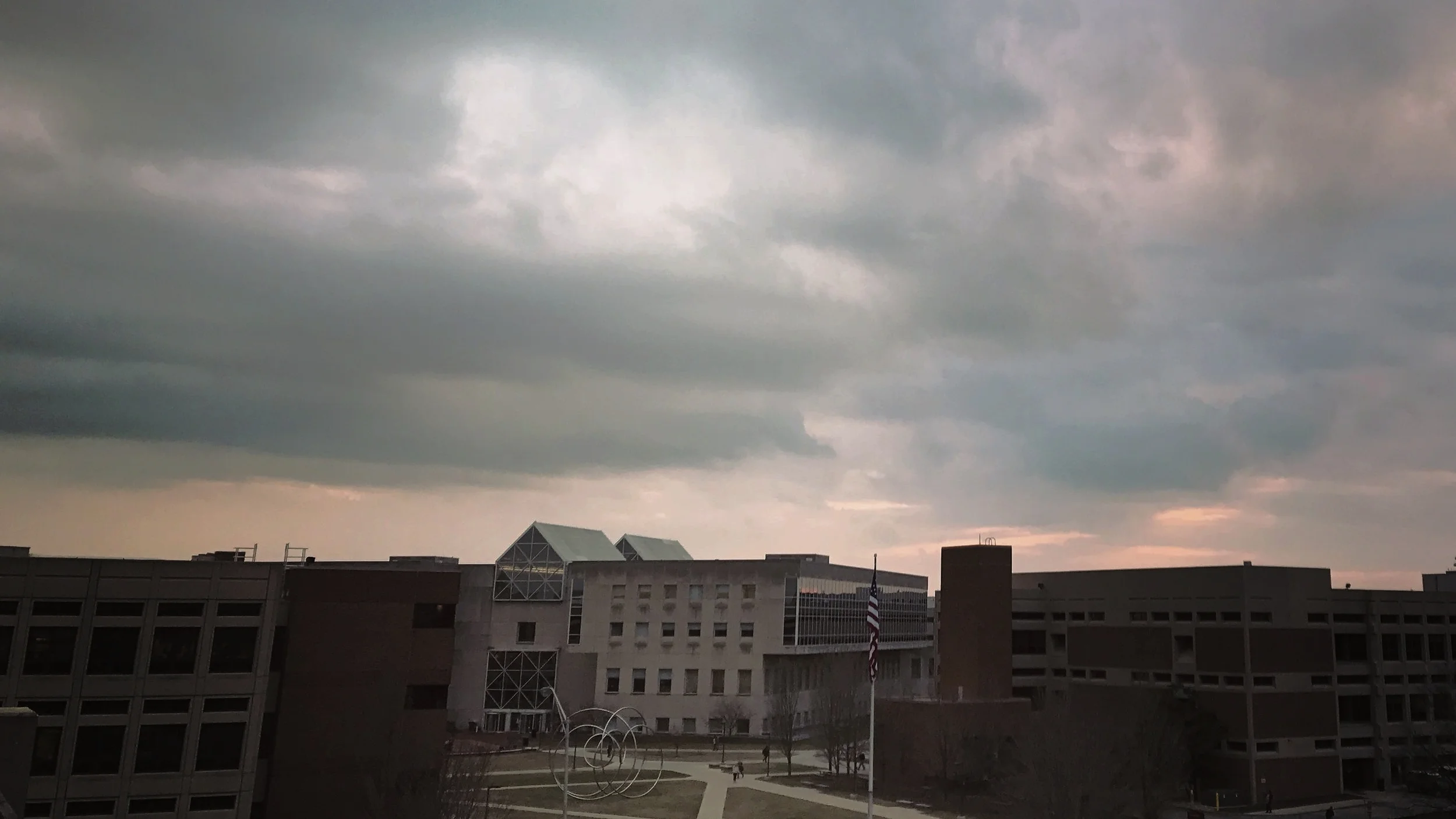Who We Are: The National Council for Science and Faith
Mission:
We aim to reconcile the science and faith communities, by engaging scientists, scholars, students, faith leaders, community members, and congregations in discussion, dialogue, collaboration, and prescribed value-laden resilience activities.
We hold a series of workshops, create resources, research techniques, provide reconciliation tools, and host engagement opportunities.
Community:
We envision an America where discussion, collaboration, and community resilience are the values and norms prescribed for the health and well-being of our country.
We picture hands distributing fresh food, smiles given from neighbor to neighbor, and a lessened urge to fight over facts – we replace hate with kind words, deeds, and actions. When necessary, we say: “I’m sorry, I misunderstood,” which has more power than a righteous diet of bullet points or concordance references.
Likewise, we prepare for the unknown by talking to one another because knowing who has a canoe in a flood is no use if you don't know a neighbor with paddles. Locating the pharmacy doesn't help get medicine to Aunt Martha in a crisis, unless you find the person with the keys to the door. Our process for building community resilience prescribes values of perseverance and kindness.
Equity:
Uniting on common ground is a powerful driver of change, but division is a forceful multiplier of fear and anger.
We seek members, congregations, and researchers to fill the divides in our country by building bridges across the many chasms that exist between science and faith. As advocates for a constructive, non-adversarial, dialogue between science and faith, we believe this tolerance transcends to other aspects of equity throughout culture, and this constructive communication will naturally transfer once the techniques are learned.
Our work is democratic, respectful, and conversation based.
Why we are needed:
Science and faith are not polar opposites, yet the false dichotomy persists as a cultural myth clinging to our educational and media systems, reinforced such that often freshman level high school and college science learners believe their faith is challenged by education. Scientists and scholars may succumb to the same false dichotomy. Dialogue between the science and faith communities will lead to resource production surrounding cultural norms associated with faith traditions. Deliberate communication may resolve the misunderstanding regarding the conflict of faith for the student, leading to a learning experience for the educator. Thus, a co-learning environment ensues for the scientist and the faithful learner, bridging divides and healing wounds spanning centuries of rhetorical conflict.
Placemaking:
A resilient place is a community connected by values and healthy dialogue, nurturing seeds that grow into ethics of reconciliation. As a national organization with multiple locations, our content transfers with the workshops we hold. As our networks, vectors, and relationships grow, resources, tools, and skills will develop at every level, trust will flourish, and once bonds are made, resources will flow from both faith groups to scientists to communities and then circling through culture. We intend resources to flow like allegorical loaves and fishes, bridging not only the divide between science and faith, but also spanning the insular groups of similar faiths, tribes, and nations, bringing healing to a divided land.

